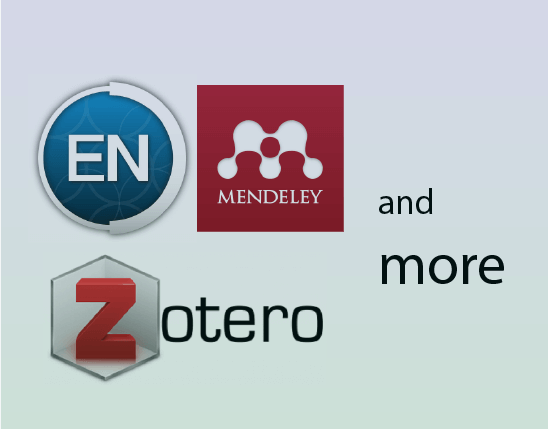
Be Word(ly) Wise
November 1, 2018
My tryst with Mendeley
November 1, 2018Overleaf’s Collaborative process
Collaboration in scientific academia is the norm. Overleaf makes writing and publishing tasks quicker. So let’s discuss about harnessing the power of this popular authoring tool.
Free, cloud-based authoring tool, Overleaf, enables sharing and publishing documents in an international scientific community quicker, easier, and more effective. Today’s publications comprise authors across multifarious research disciplines and locations; the work is truly global and interdisciplinary.
Overleaf allows real-time file sharing among different authors and generates an output that is structured and fully typeset—yes, as they type. This implies that authors can preview projects in progress and Overleaf LaTeX creates an array of documents such as journal articles and slides and books and conference posters and CVs.
Collaboration in writing
Collaborate in Rich Text or LaTeX anywhere 24/7; moreover, share and request peers to co-author, review, edit, or query documents (and their versions). The streamlined process cuts down errors and prevents long chain of emails.
Overleaf’s basic version offers 1GB storage space; permits 60 files for a project. And higher end versions of the application offer additional features.
Authoring using Overleaf
Publishers partner with Overleaf to ease the submission process while many institutions offer the pro-version to their members. Existing templates also make the task easier for multiple journals; you can submit to the publisher/editor using such templates.
Chief features of the tool support authors to do this: Write, edit, and submit documents quickly yet efficiently. The online tool offers these key features.
- Skip installation as you work on a real-time basis.
- Review and edit projects, check revisions, see changes of peers. Any location.
- Authorize specific authors’ permission to file and teamwork is easy as you share encrypted link to peers.
- Synchronize files on-the-go. Quickly review others’ updates quickly.
- Jot notes, comment, etc.
- Jump between LaTeX and Rich Text; edit as you will.
- Correct errors and alert your team.
- View templates with built-in features (tables, presentations, bibliographies, and more.)
- Safeguard critical projects via advanced versions; edit, add, remove members.
- Submit directly to publisher/editor thru existing templates.
- Use referencing tools such as Mendeley or other tools.
What’s your experience like?
Do you opine that Overleaf streamlines communication? To know more about Pubrica and Overleaf contact us. In the next part article Pubrica experts talk about using different templates. Refer other articles to learn about referencing styles, manuscript guidelines, advice to author, etc.
If you use Overleaf or any other tool then share your scientific writing experiences with us. Tell us how you worked as a team on a critical project. Which prompted you to use such tools?
Talk to us about your experiences in using Overleaf. Comment in the box below.
